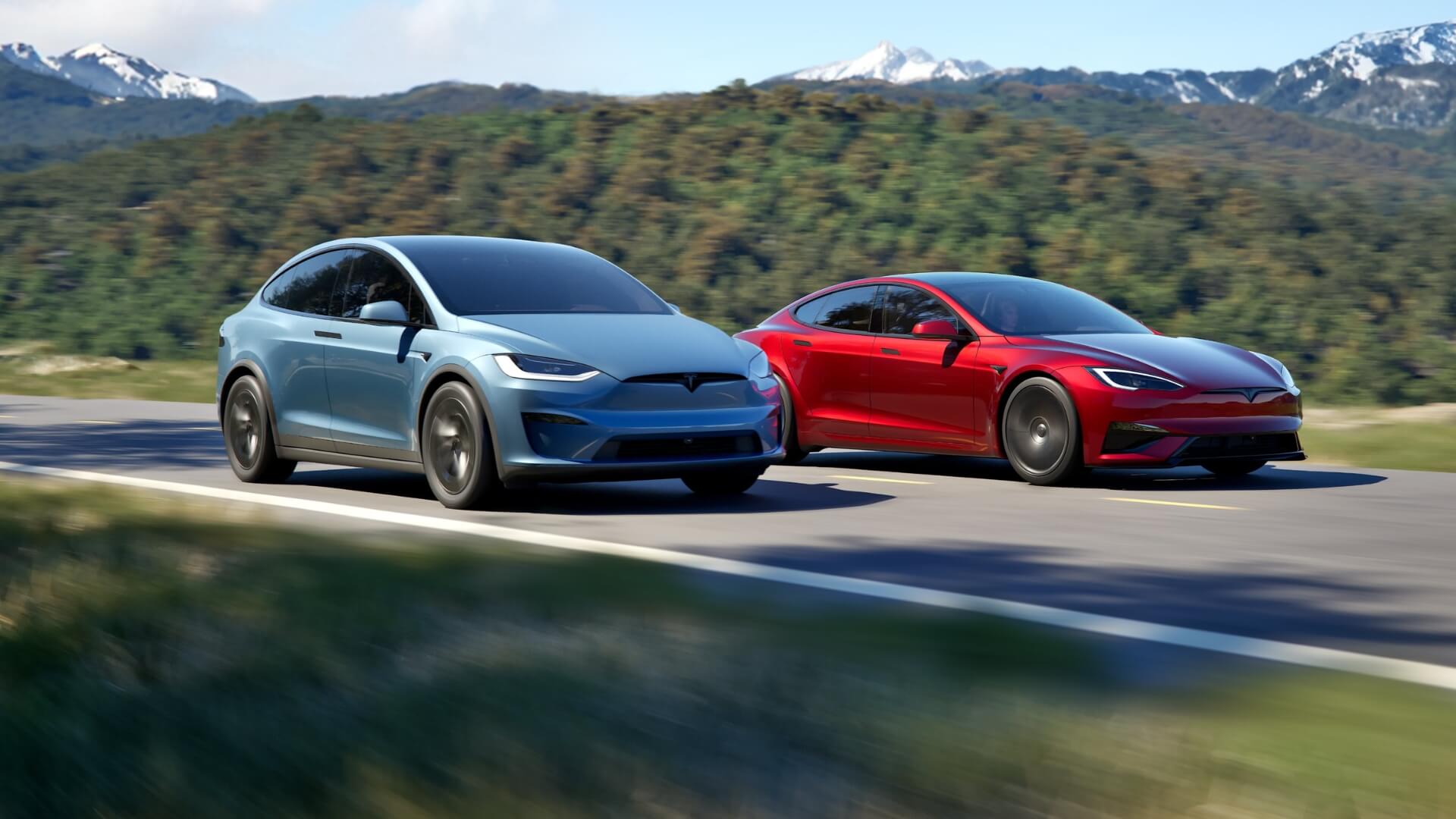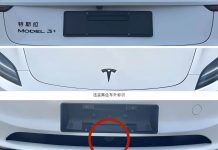The latest political victory has just been established by the fossil industry in Washington, where the Trump-era ‘Big Beautiful Bill’ has been passed. The bill cuts federal tax credits to clean energy, such as solar, wind, and electric vehicles, years earlier than currently scheduled. At the same time, it provides tax rebates to oil and gas, and there are no penalties on methane emissions, which is a strong greenhouse gas.
These rollbacks are being criticized by environmentalists and scientists who argue that they may increase air pollution, harm public health, and potentially accelerate global warming. Nevertheless, the future of oil is becoming relatively grim, even despite this law’s imposed blow.

Global EV Momentum Can’t Be Stopped
BloombergNEF research, as outlined in the Electric Vehicle Outlook 2025, indicates that EVs are already consuming millions of barrels of oil daily. In 2018, it displaced the first million barrels of road fuel. This figure is expected to increase by 2024 to two million barrels, which is the same as the daily requirement of South Korean oil. And the figure is projected to rise to more than five million barrels per day by 2030.
Although the current U.S. policy will make EV penetration slower, the world is still on the fast track to switch. BloombergNEF suggests that it would deprive global EV sales of up to 14 million vehicles by 2030 because of this policy U-turn, yet that would have little impact overall, as European countries and China are leading the pace.
Big Oil Is Becoming Big EV
Oil giants can already foresee the future and are making hard turns. Chevron has purchased 125,000 hectares in Texas and Arkansas to mine lithium, which is critical in EV batteries. BP is purchasing EV charger hardware from Tesla and Alpitronic. Shell is broadening its network of charging points, which features its biggest facility in Shenzhen, China, having 258 fast-charging bays.
This is not quite diversification but survival. The oil industry has cottoned on to the fact that the future of transport is electric, and it is running to keep up before it is left behind.
Change Fueled by Consumers
The implementation of EVs is not merely a byproduct of a policy incentive. A lasting change in consumer behavior on consumers is achieved. Very few individuals who convert to EVs revert to the use of gas-powered cars. At lower prices and long-term costs, with a higher battery range, EVs are the obvious option.
Each new EV on the road means a permanent oil demand. It will translate into fewer motorists topping up at the gas stations, fewer cars that use petroleum fuels, and a cleaner and lower-carbon future.
The Unavoidable Depreciation of Oil
Though Washington can rejoice that the pro-fossil fuel battle is won, the larger front is obvious: the era of oil is over. The energy environment is changing at an unprecedented speed due to market forces, foreign policy, as well as consumer tastes.
The current legislative retreat of America may cost it future progress; however, it will not halt the clean energy revolution of the world. This is already killing the oil demand, and it is just accelerating the speed of the evolution of EVs.


















